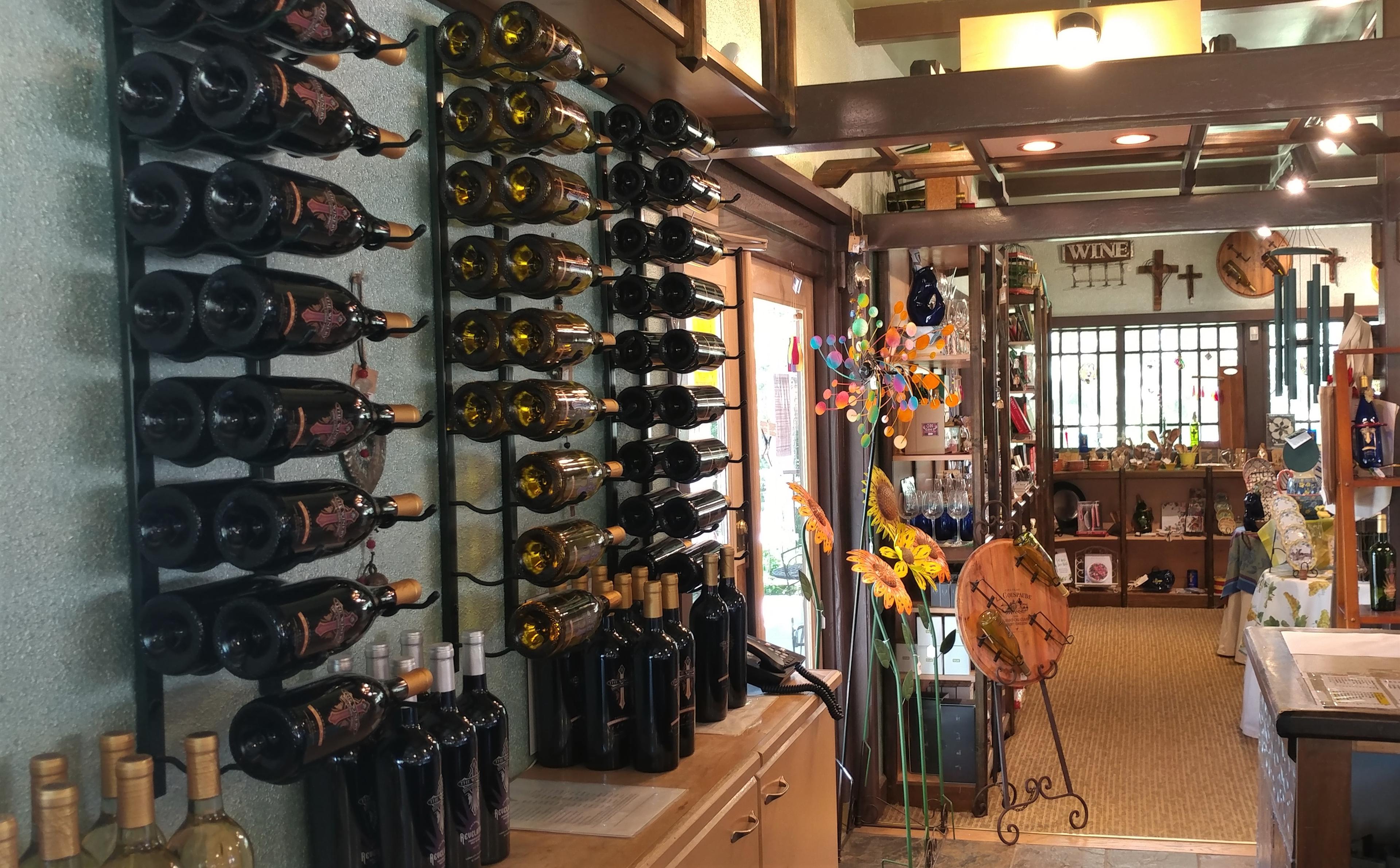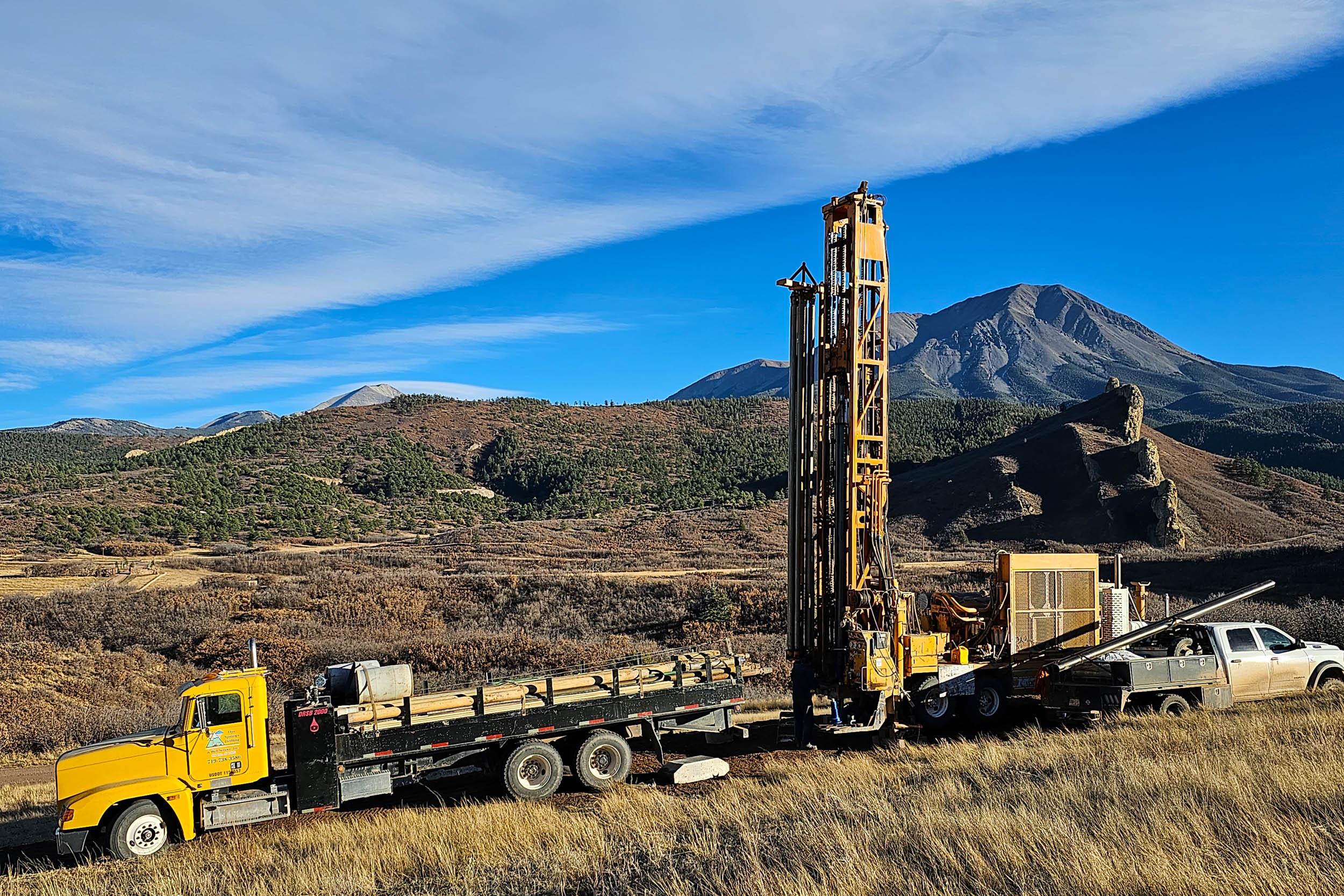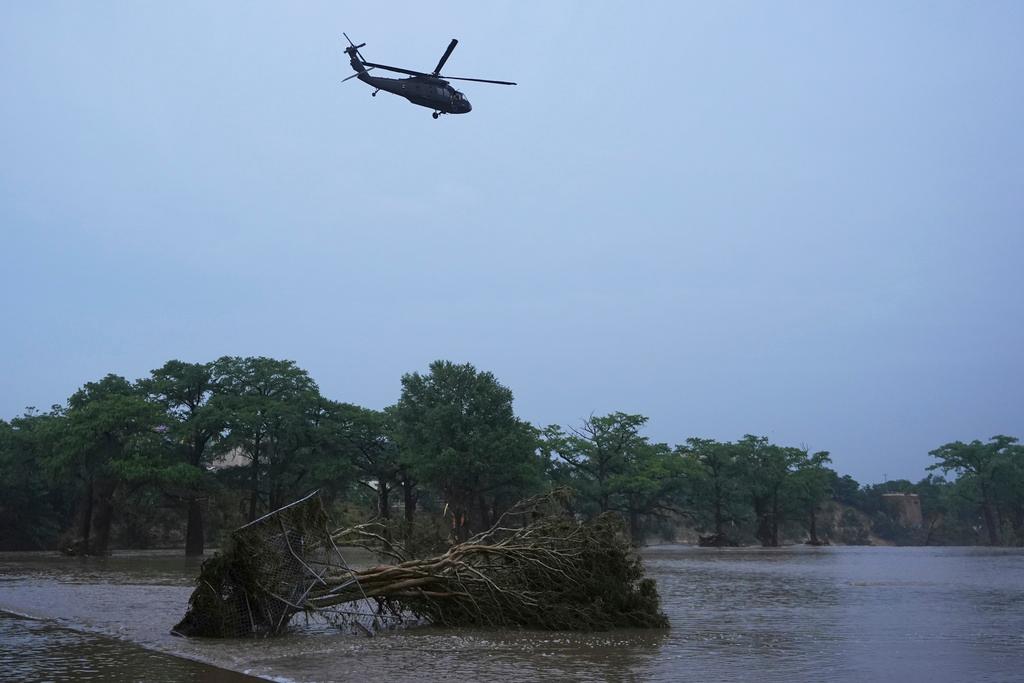
"I know a judge who was trafficked by his father -- it happens in every walk of life," Brogdon said.
Brogdon, who lives in Denver and works with the Colorado Human Trafficking Council. She added that Denver's proximity to two major interstates, and the state's marijuana industry, which attracts potentially vulnerable newcomers to the area, make Denver No. 2 in the nation in trafficking.
Filmmaker David Liban of Centennial tells the story of Brogdon and other survivors in "Live Through This: Survivors of Sex Trafficking." They spoke to Colorado Matters host Ryan Warner.
On what kept Jill Brogdon in the predicament:
"Fear and shame. He used threats against myself and my family and told me how he would lose his job. And I would be shamed publicly, and he also threatened to hurt my family. There was a gun present often, and he never used it on me obviously, but just having that threat there. That he could use force to make me keep going, which he did verbally, and through the threat and fear of being exposed.”
On her experience being involved in the documentary:
"I myself did not realize that I fit the definition of human trafficking until I was asked to be on the council. And when they asked me to be in the film, I kind of went into a different person, to protect myself. It was no problem for me to tell my story, at all. But afterwards when it was finished, the [emotional] fallout was pretty severe."
On why she never considered herself a victim of sex trafficking:
"As a survivor you learn to tell yourself stories to accept what's happening to you. So my story was, well he loves me, we're going to get married someday. He helped me feel that story; he promised we would get married and have a family. Then the next story I told myself was, well my teacher molested me. Then the next story was, well he shared me. Then the next story was, right before I read the definition of human trafficking, my story was yes I was molested and my teacher prostituted me."
On how David Liban's perception of sex trafficking was skewed by films like “Pretty Woman”:
"This was a learning experience for me; when I make a film it's often, I come in with sort of an ignorant point of view. And that was certainly the case here, in that I did not truly understand that people who are trafficked or exploited very rarely have made that choice to be there. It's 99 percent of the time they've been coerced in some way."
On working with the survivors for the documentary:
"The people that we interviewed, they wanted to tell their story. They felt like they were giving back and trying to educate people. And so they were very willing to share, even to the point where one of the victims if you see the film, she’s silhouetted because she's still fearful of what might happen. But she felt that it was important enough to come forward and tell her story to educate people."
On what surprised him the most:
"What surprised me was the coercion that the pimps would go through in order to really get these people to do what they wanted. And they're clever people, and they're really evil people; they see an opportunity and they exploit it, and I had no idea that most of these women and men, they really had no idea of the coercion that was going on.”









